
2020 West Region Conference |
October 12 | 12:00 PM PDT
Disruption is an opportunity for reflection and change. This is especially true at this time with our country’s current climate. America is facing an array of crises including social injustice, racism, a pandemic, and a serious economic downturn. This disruption presents an opportunity for frank dialogue to increase awareness and empathy. Our university and college students are very diverse and unique, and this diversity breeds sensitivity to others’ plights. Dialogue is our business, as a community of educators, we like to challenge our students to question the status quo and encourage original thought towards creating solutions. Now it is time to challenge ourselves. Our conference theme, Vistas – Exploring Education from a New Perspective, is an ideal platform for just that… introspection, in-depth exploration, empathy, and collaboration that gives birth to new ideas and solutions to problems that have existed and been perpetuated since the birth of our nation. We are so pleased that our distinguished panel of experts will share their expertise and personal experiences in the areas of diversity, inclusion, and equity, during the UPCEA West Regional Conference’s first General Session, Creating an Opening for Diversity, Equity, and Inclusion in Higher Education.
Tamika L. Butler is a national expert and speaker on issues related to built environment, equity, anti-racism, diversity and inclusion, organizational behavior, and change management. From speaking, to writing, to training, Tamika has worked with a myriad of clients. As the Principal + Founder of Tamika L. Butler Consulting she focuses on shining a light on inequality, inequity, and social justice. She provides consulting, training, coaching, and public speaking for a wide range of organizations in the public and private sectors.
Most recently, she was the Director of Planning, California and the Director of Equity and Inclusion at Toole Design. Previously, Tamika served as the Executive Director of the Los Angeles Neighborhood Land Trust, a non-profit organization that addresses social and racial equity, and wellness, by building parks and gardens in park-poor communities across Greater Los Angeles. Tamika has a diverse background in law, community organizing and nonprofit leadership. Recently she was the Executive Director of the Los Angeles County Bicycle Coalition (LACBC). Prior to leading LACBC, Tamika was the Director of Social Change Strategies at Liberty Hill Foundation, and she worked at Young Invincibles as the California Director.
She transitioned to policy work after litigating for three years as an employment lawyer at Legal Aid Society-Employment Law Center. Tamika previously served as the co-chair of the National Center for Lesbian Rights Board of Directors, serves as the Institute Co-Director of the New Leaders Council – Los Angeles, is a board member of both Lambda Literary Foundation and T.R.U.S.T. South LA, and is an advisory board member for the Legal Aid Society-Employment Law Center’s Fair Play for Girls in Sports program. Tamika received her J.D. from Stanford Law School, and received her B.A. in Psychology and B.S. in Sociology in her hometown of Omaha, Nebraska.
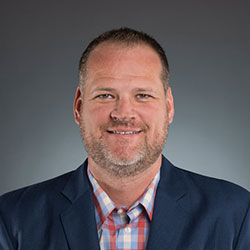 Adam Kasarda, Director, Student disAbility Resource Center, California State University Dominguez Hills
Adam Kasarda, Director, Student disAbility Resource Center, California State University Dominguez Hills
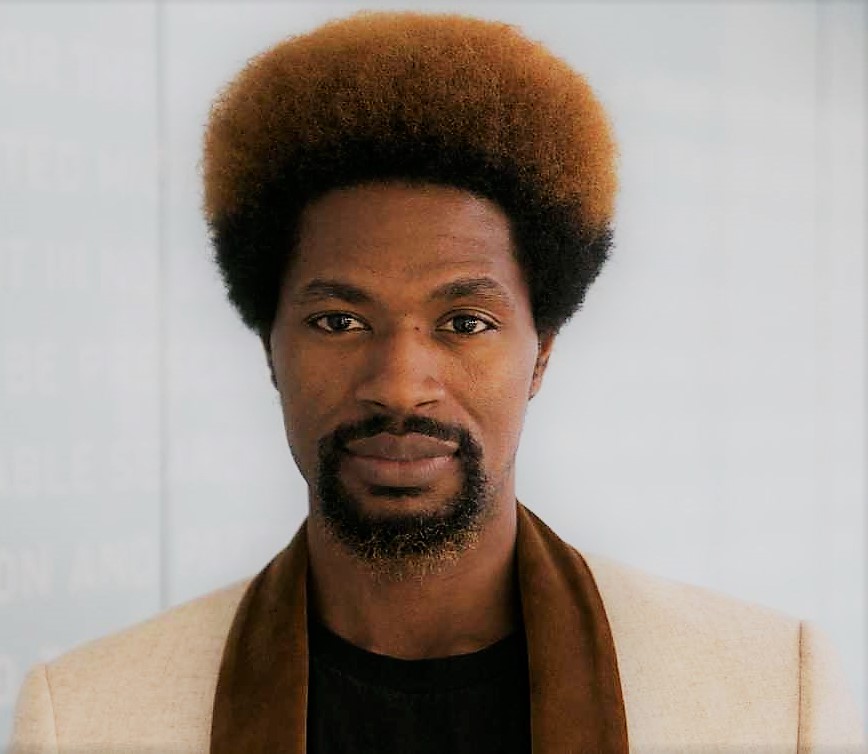 Amir Whitaker, Policy Council, Southern California, American Civil Liberties Union Foundation
Amir Whitaker, Policy Council, Southern California, American Civil Liberties Union FoundationModerator
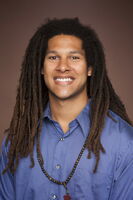
October 12 | 2:00 PM PDT
Join us for a chance to dive deeply into follow up conversations with the opening general session presenters!
 Adam Kasarda, Director, Student disAbility Resource Center, California State University Dominguez Hills
Adam Kasarda, Director, Student disAbility Resource Center, California State University Dominguez Hills
 Amir Whitaker, Policy Council, Southern California, American Civil Liberties Union Foundation
Amir Whitaker, Policy Council, Southern California, American Civil Liberties Union Foundation Menelik Tafari, Educator, Organizer, Consultant
Menelik Tafari, Educator, Organizer, Consultant
October 13 | 12:00 PM PDT
The 60-year curriculum is the modern approach to a lifetime of learning. Getting a degree, getting a job and never setting foot in a classroom again are not today’s reality, as many people alive now will live to be 100 years old. That means people will have five to seven stages in their lives, not just the three traditional stages of school, work and retirement, and learning must be constant throughout our careers. Automation and changes in the workplace mean professionals must continually retool to stay relevant and competitive. Employers in every industry and profession are looking for higher education to help their workers upskill. Through dynamic conversation and audience engagement, this session will first focus on an overview of this movement and then dive deeply into what a 60-year curriculum means for UPCEA member institutions.
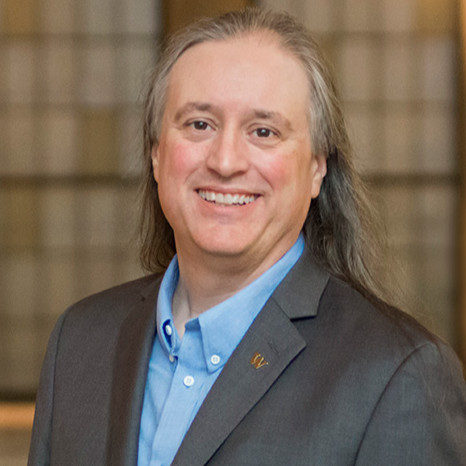 Rovy Branon, University of Washington
Rovy Branon, University of Washington 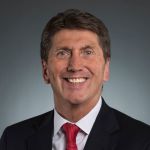 Kim McNutt, California State University, Dominguez Hills
Kim McNutt, California State University, Dominguez Hills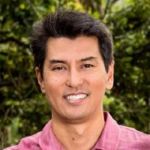
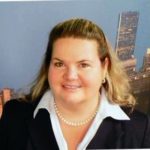 Moderator: Nancy Coleman, Harvard University
Moderator: Nancy Coleman, Harvard University
October 13 | 2:00 PM PDT
Business & Operations
Pathways from Non-Credit to Credit---A Deeper Dive examines results from a recent survey to UPCEA members. Data collected in August 2020 will be compared to an earlier study which was deemed a good first step into studying pathways from non-credit to credit. Facilitators will highlight the survey's results regarding trends in non-credit education and will lead a robust a discussion of the challenges and opportunities of non-credit to credit pathways.
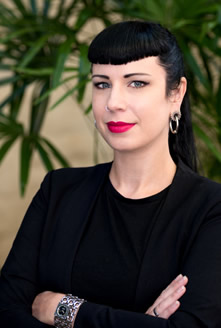 Sandra von Doetinchem, University of Hawaii at Manoa
Sandra von Doetinchem, University of Hawaii at Manoa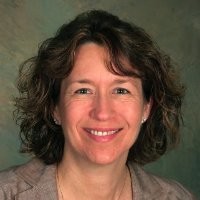 Gail Ruhland, St. Cloud State University
Gail Ruhland, St. Cloud State University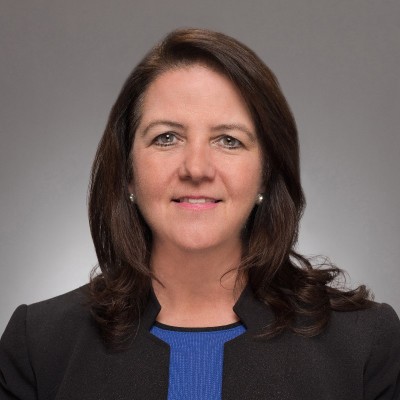
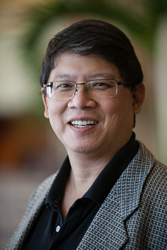
October 14 | 12:00 PM PDT
As the marketplace continues to shift, and the demand for alternative credentials (micro-, nano-, stackable) rises, this session will cover the recently released Hallmarks of Excellence in Credential Innovation, along with the results of a recent UPCEA survey of 176 institutions on the role that alternative credentials plays in their portfolio of programs. The survey, sponsored by Mindedge, will share actionable data of those members involved in alternative credentialing efforts, in what areas, and with what results. This lively session will examine the emergent phenomenon of credential innovation as well as showcase data that undergird credential evolutions and how UPCEA member institutions are leading this charge.
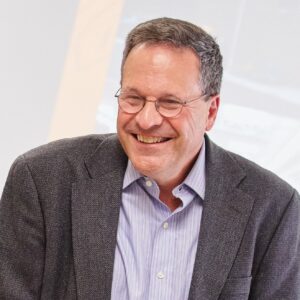 Jay Halfond, Boston University
Jay Halfond, Boston University  Jim Fong, UPCEA
Jim Fong, UPCEA 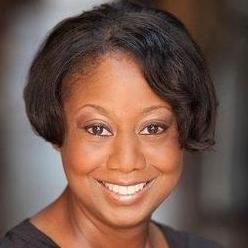 Pamela Wimbush, California State University, Sacramento
Pamela Wimbush, California State University, Sacramento
October 14 | 2:00 PM PDT
The professional and continuing education profession is the entrepreneur in a highly traditional education sphere. We balance the consideration for excellent educational experiences with financial viability. How do these seemingly contradictory concepts form the decision-making bases for leaders in the field? What unique challenges do leaders face when navigating within the respective institutions? In this highly acclaimed session, participants will rotate through three groups as senior leaders in the field speak on a number of key issues. It will be an opportunity to learn about the factors driving decision in the current environment. It will also be an opportunity to meet senior leaders from institutions around the west region. Topics of conversation will include the impact of COVID-19 and business continuity for the PCO education departments; influencing decision-making to highlight PCO education for the campus; what does innovation look like in the current environment?; what do you do to keep up with professional development?
The group of senior leaders are from the following institutions:
Name |
Institution |
Title |
Dr. Rovy Branon |
University of Washington |
Vice Provost for Continuum College |
Dr. Eric Bullard |
University of California, Los Angeles |
Dean of Continuing Education and UCLA Extension |
Brian Cook |
California State University, East Bay |
Associate Vice President, University Extension |
Dr. Jeet Joshi |
California State University, Long Beach |
Associate Vice President and Dean |
Joe Miera |
University of Nevada, Las Vegas |
Vice Provost for Educational Outreach |
Pamela Wimbush |
California State University, Sacramento |
Associate Dean, Program Operations & Support (CCE) |
Ricardo Lorenzana |
Brandman University |
Dean, School of Extended Education |
Dr. Reed Scull |
University of Wyoming |
Associate Dean, Outreach School |
Lisa Templeton |
Oregon State University |
Associate Provost for Extended Campus |
Dr. Sheila Thomas |
California State University Chancellor’s Office |
Assistant Vice Chancellor and Dean |
Dr. Kevin Vaughn |
University of California Riverside |
Dean, Extension |
Mark Wheeler |
Boise State University |
Dean, Division of Extended Studies |
Dr. Chris Swarat |
California State University, Fullerton |
Associate Vice President, Extension and International Programs |
Dr. Michael Spagna |
California State University, Dominguez Hills |
Provost and Vice President for Academic Affairs |
Potential Topics: